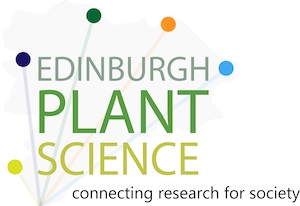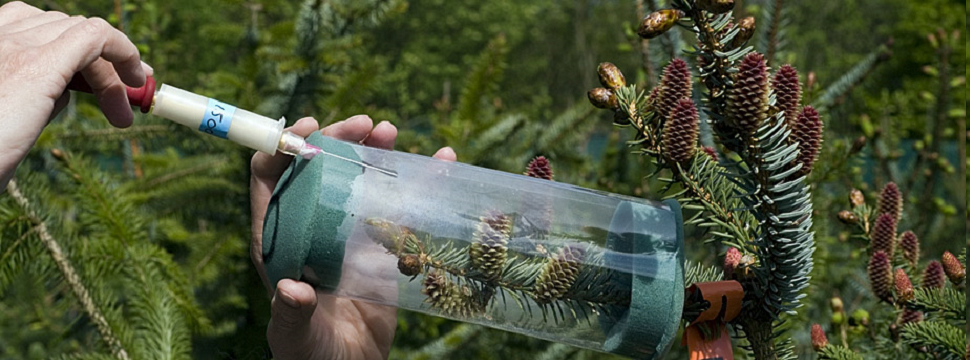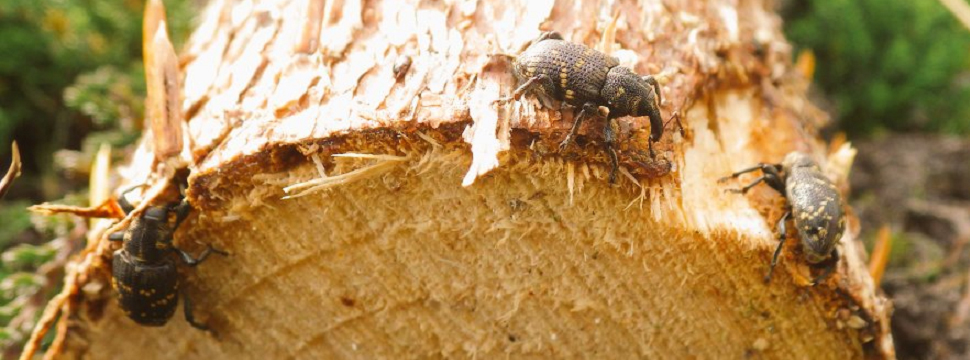Five good reasons to reopen the debate on genetic modification
By Lindsay Williams
A new University of Edinburgh (UoE) –funded study is set to reopen the debate about genetically-modified organisms (GMOs). The interactive project will ask members of the public and researchers to rank the acceptability of a variety of GMOs, ranging from basic foodstuffs to medicines. The UoE PhD students behind the project hope that, in the process, participants will explore their own decision-making and assumptions about GMOs. Here are five good reasons why we should be taking part in the GMO debate today:
1) The public feels uninformed.
According to a 2011 IPSOS Mori survey over half of those surveyed felt uninformed about GM crops and food security in the UK. There are many GM detractors, such as the Prince of Wales, who said GM crops would ‘cause the biggest disaster environmentally of all time’; but there are few vocal exponents, or seemingly impartial commentators. Edinburgh Plant Science (EPS) is committed to public engagement and science education. It is the responsibility of the scientific community to present the facts, both for and against; this new interactive study will do just that at the Royal Botanic Gardens Edinburgh (RBGE) and the Midlothian Science Festival between September and December 2014.
2) The public does not trust GM.
The same IPSOS Mori survey showed that the public considered GM crops to be the riskiest technology: riskier even than nuclear power. As this new project will emphasise, GMOs are much more than GM crops: they can used in human medicines, animal vaccines and as tools in scientific research. It will be interesting to see whether participating in the study moderates or further polarises views on GMOs.
3) EPS is part of the GMO debate.
EPS members likely reflect the broad spectrum of public opinions about GMOs, and yet it would be difficult to escape GMO technology or policy in our work. EPS partners have already contributed to the GM crop debate from a number of angles: Scotland’s Rural College (SRUC) has reported the divided views of Scottish farmers; and Innogen has advised a regional government on policy relating to a GM-free zone. Many plant scientists also use GMOs as tools of the trade: mutant plant stocks, transformed bacteria, DNA libraries in single-celled organisms, to name but a few.
4) The European Union (EU) GMO rules are changing.
The EU looks set to change its policy on GMOs: from 2015, EU member states will be able to dictate which GMOs are cultivated within their borders. Currently, individual farmers can plant any GM crop approved by the EU, whether or not their national government disapproves. This change will in turn will impact on …
5)…how the Scottish referendum could affect GMOs.
Our national and devolved government do not agree on GMOs. The UK government in Westminster is cautiously in favour of GMO development as ‘one of a range of tools to address the longer term challenges of global food security, climate change, and the need for more sustainable agricultural production.’ The Scottish government in Holyrood is firmly against GM crops, which they believe ‘could damage Scotland's rich environment and would threaten our reputation for producing high quality and natural foods.’ (according to their respective official websites). This may not be top of the Yes and No talking points, but the outcome of September’s Referendum may have an impact on science and agriculture in Scotland.
The study has been funded by the UoE Researcher-led Initiative Fund, and will be carried out by UoE PhD students from the Halliday lab: Harriet Jones, Douglas Pyott, Deyue Yang and Monika Lenty.
















